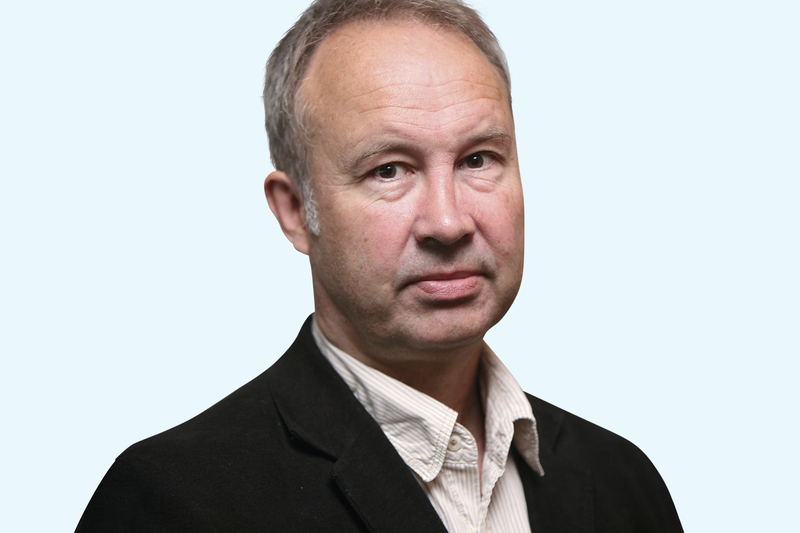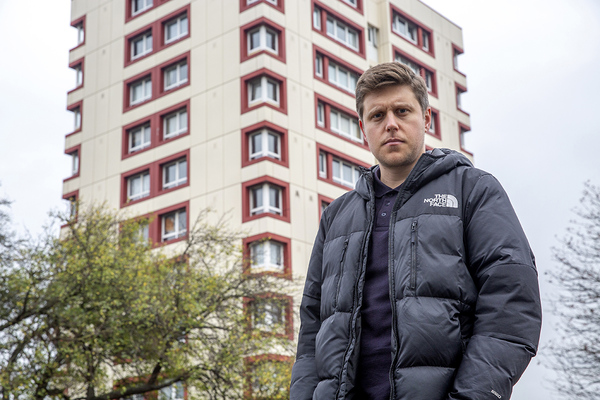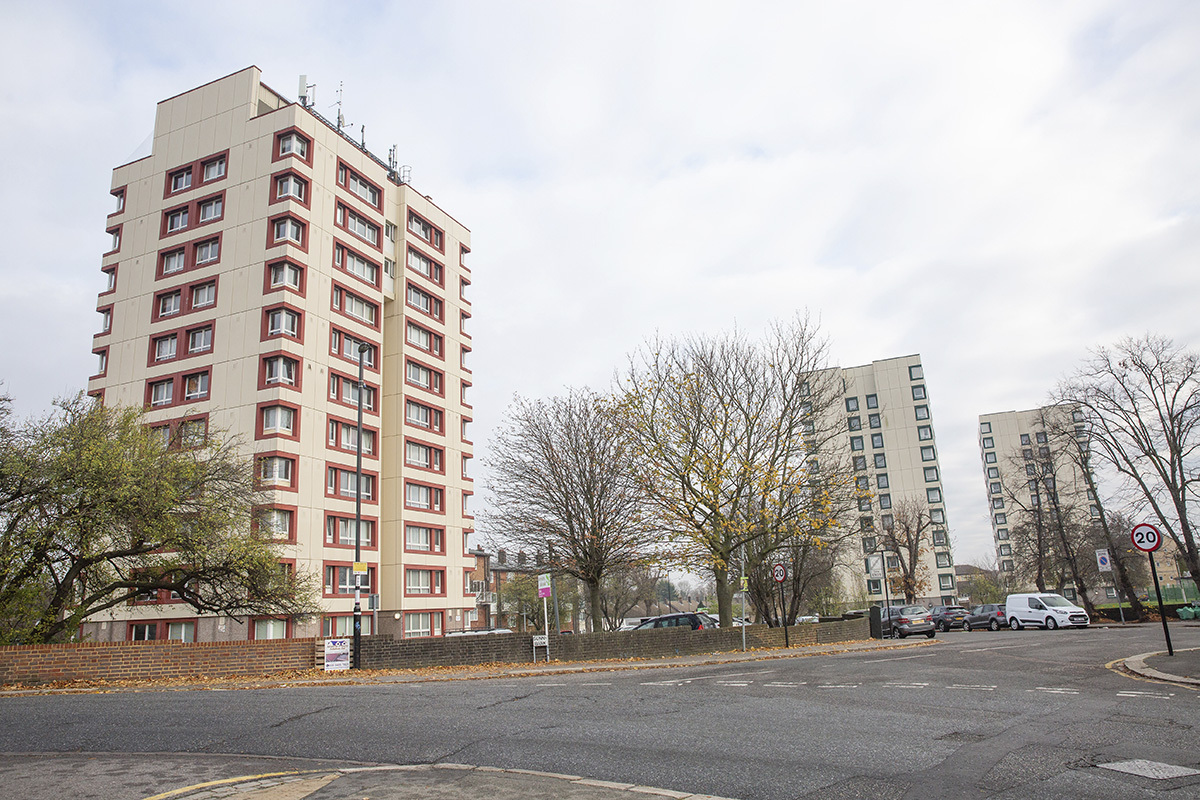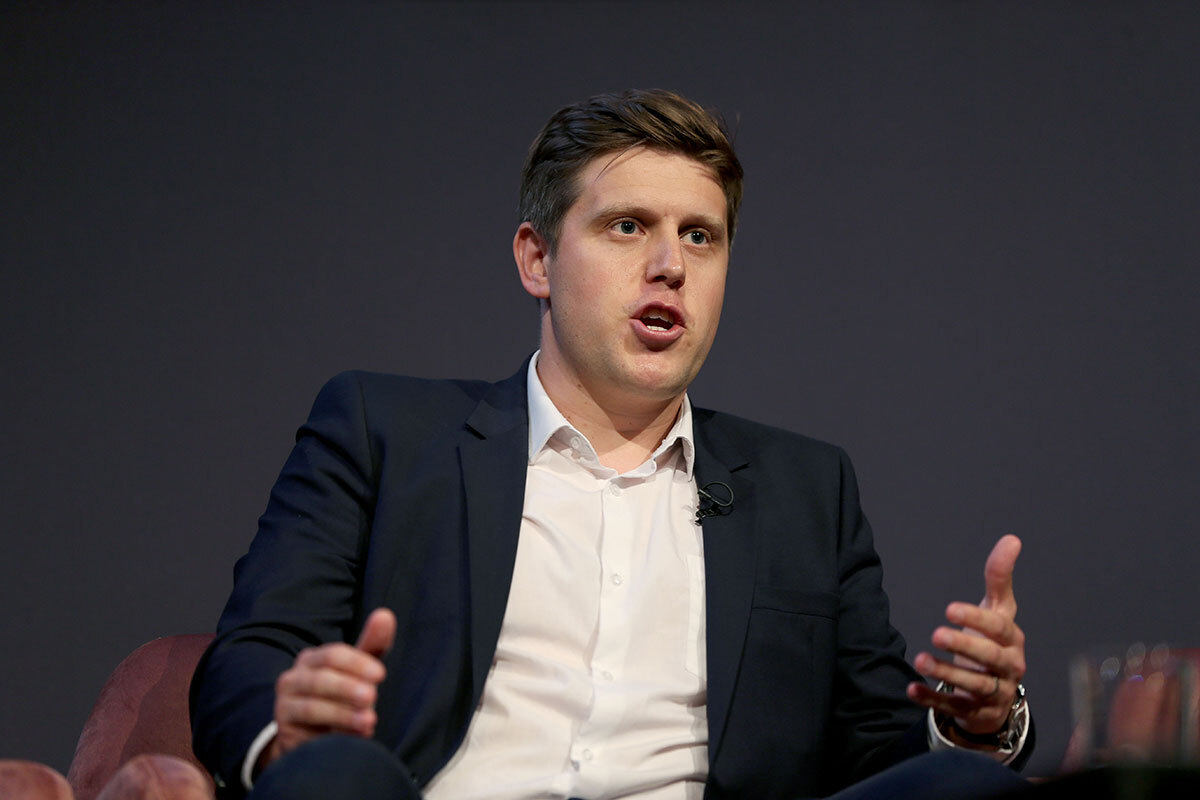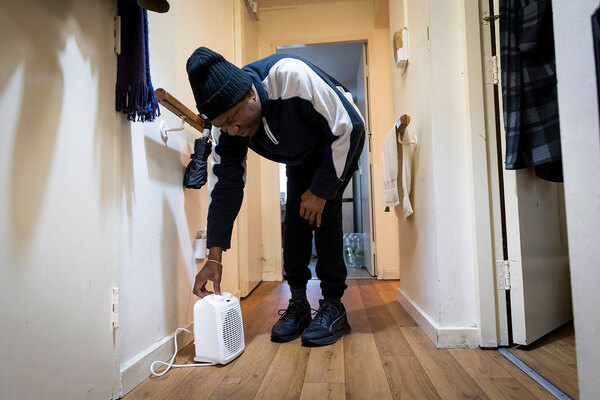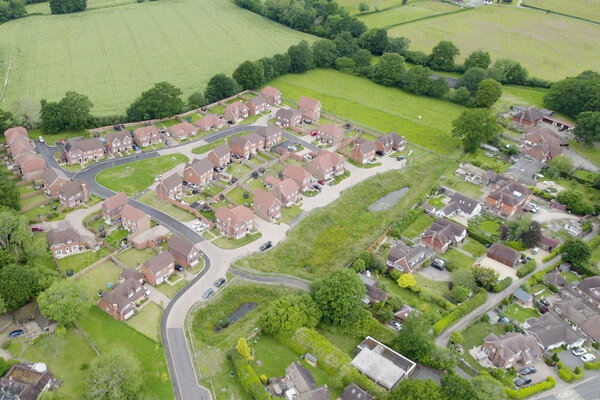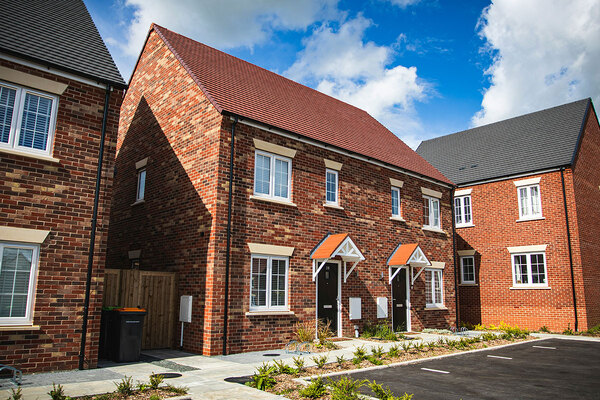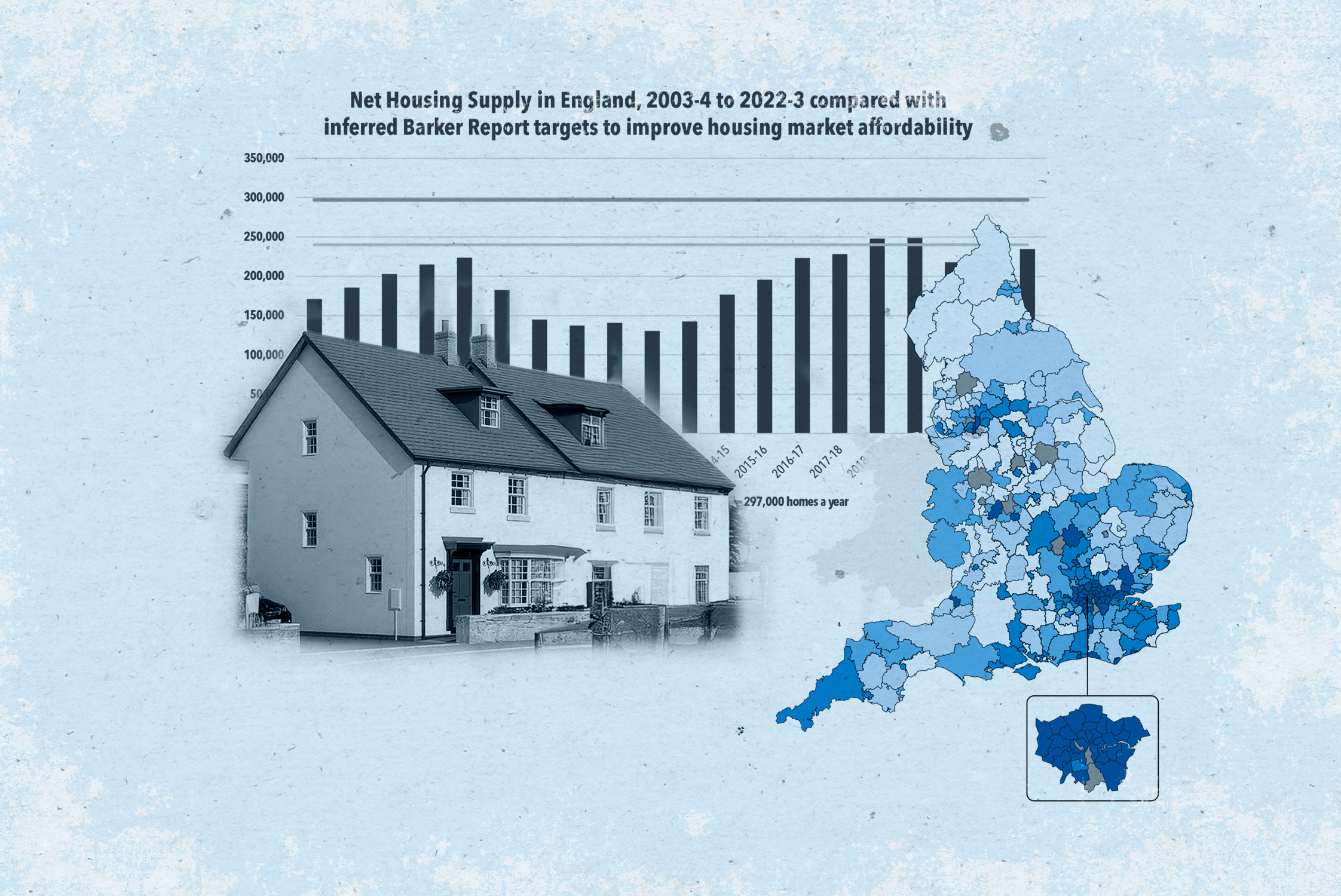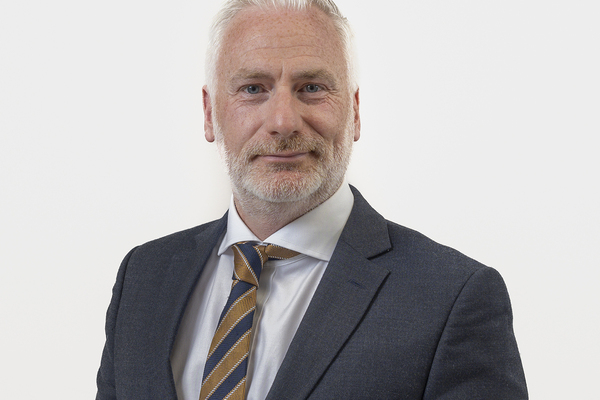You are viewing 1 of your 1 free articles
A new podcast called The Trapped is a fresh look at the worst of housing conditions
Jules Birch, Inside Housing’s columnist, reviews The Trapped, the new ITV podcast series about housing conditions across social housing, private rent and temporary accommodation
Few readers of Inside Housing will find the new podcast series The Trapped a comfortable listen, but it is a necessary one.
You’d hope that politicians would find it an essential listen: surely few could hear its harrowing accounts of the conditions facing tenants in social housing, private renting and temporary accommodation and not pay attention.
The Trapped is based on the reporting of Daniel Hewitt of ITV News that began in 2021 with a story about tenants living in appalling and dangerous conditions in a tower block owned by Croydon Council.
That led to a flood of messages from tenants across the country complaining about disrepair and squalor and being ignored by their social landlord.
Among them was Kwajo Tweneboa, the activist who held Clarion to account for appalling conditions on the Eastfields Estate in south London and became a national campaigner.
Most of the individual stories will be familiar from Mr Hewitt’s TV news reports, but they feel all the more powerful for being grouped together in the eight-part podcast.
Mr Hewitt neatly skewers the defensiveness of many housing associations and the way that a ‘sorry’ to tenants is often accompanied by a ‘but’, and poses some difficult questions about racism in the treatment of Black and minority ethnic tenants.
But this is about much more than shaming individual landlords and highly paid chief executives.
The podcast goes on to put all of this into a wider political context that began with Margaret Thatcher and the introduction of the Right to Buy and culminated in a government openly hostile to social housing and focused on deregulation.
The evasiveness of successive ministers finally comes to an end with the appointment of Michael Gove as housing secretary and a succession of incidents culminating in the death of two-year-old Awaab Ishak from exposure to damp and mould in his housing association flat in Rochdale.
The podcast then broadens out into a wider investigation of the conditions and insecurity faced by private renters and homeless families in temporary accommodation.
Even if you are familiar with the statistics about children growing up in Travelodges and stories about tenants forced to move miles away from work, schools and support networks, these episodes still have a visceral power.
Mr Hewitt began the investigation as a political reporter with limited awareness of social housing and not really knowing what a housing association does. He ends it as a passionate advocate for building more social homes and for the mainstream media to cover housing, rather than treat it as a niche issue.
All this exposure and scrutiny have helped to produce some permanent effects, whether it is social landlords forced to invest more in their existing stock and change the culture of their repairs services, or politicians promising to reform the regulatory system and build more social housing.
“All this exposure and scrutiny have helped to produce some permanent effects, whether it is social landlords forced to invest more in their existing stock and change the culture of their repairs services, or politicians promising to reform the regulatory system and build more social housing”
The question is what will happen away from the media spotlight: not all of Mr Gove’s fine words were matched by deeds, with action sometimes frustrated by opposition on his own backbenches.
After listening, you’d have thought it would be impossible ever again for social landlords to put their corporate interests ahead of the bread-and-butter work of carrying out repairs, listening to tenants and responding to complaints.
Hopefully, with regulation to back it up, that will continue to happen.
Equally, you’d have thought it would be impossible for politicians to shrug their shoulders and allow things to continue as they are, with housing options for people on low incomes steadily shutting down and money poured into short-term fixes rather than long-term solutions.
The current housing team is certainly making all the right noises, as housing secretary Angela Rayner does in the final episode of the podcast.
Whether Downing Street and the Treasury are so convinced, and whether words will be matched by actions, we will start to find out after the Spending Review next year.
Jules Birch, columnist, Inside Housing
Sign up for our asset management newsletter
Already have an account? Click here to manage your newsletters

